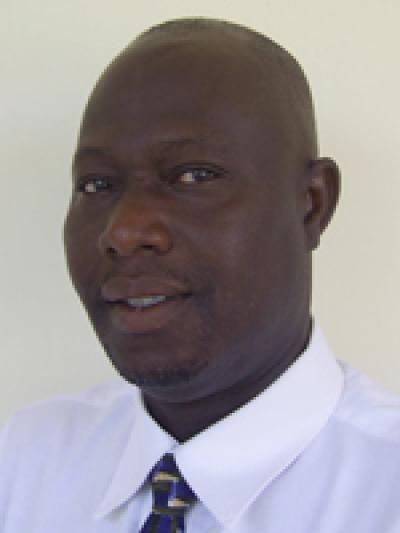Unveiling Modernity: Post-Colonial Islamic Reforms in Ghana and Burkina Faso, 1950-2000

Principal Investigator: Ousman Kobo, Department of History
The end of European colonialism was a watershed moment in West Africa. Throughout the region, a new group of reformers challenged the political, social, and religious dominance of mystical Islam. The reformers condemned the belief in supernatural forces as superstitious and tried to suppress local customs as contrary to the teachings of Prophet Muhammad. By the 1970s, these reformers had a large following among urban dwellers, especially the younger generation of elites educated in European institutions.
Why did these reformers have such mass appeal? By tracing developments in Ghana and Burkina Faso from 1950 to 2000, Kobo argues that Wahhabism, the doctrine promoted by 18th century Arab reformer Muhammad ibn Abdul Wahhab, gave the reformers a way to reconcile Western modernity with Islamic faith.
Wahhabism came to West Africa began in the 1940s, when Arabic scholars trained at al-Azhar University in Cairo returned to preach against local customs and mystic rituals. Like ibn Abdul Wahhab, these scholars emphasized a return to the pristine Islam of Prophet Muhammad and preached against all forms of anthropomorphism in conceptions of Allah. They insisted on practicing Islam exactly as it was practiced by Muhammad. Any additions were declared an innovation that the Prophet had forbidden.
This form of Islam was particularly appealing to Western-educated elites, Kobo argues, because they were searching for a new religious identity that accommodated modern ideas but remained within the confines of religious orthodoxy. For them, Wahhabism represented a religiously approved form of modernity.
Wahhabi preachers argued that the strict form of Islam was consistent with modernity’s emphasis on economic progress, social equality, and rejection of superstitious beliefs. Muhammad, they said, encouraged Muslims to pursue knowledge and embrace new ideas that improved their living conditions. Thus, even while criticizing Western material culture, Wahhabi reformers used Western discourse to promote their agenda.
In this book project, Kobo traces the Wahhabi movement in Ghana, which is Anglophone, and Burkina Faso, which is Francophone. In both countries, formal education was provided mainly by missionaries. Muslim students acquired social norms and ideas about human progress that were rooted in Western culture. This placed them in an awkward position within their communities. While rejecting Western culture, they internalized many of its ideas. While seeking to become part of their communities, they frowned upon what they saw as backwardness and resistance to modernity.
Wahabbism gave these students a way to reconcile the divergent influences in their lives. Wahhabi dogma represented authentic Islam, providing a vehicle for bringing their societies into the post-colonial age without violating Islam's purity. For them, religious purity could accommodate modern ideas and act as a contrast to mystical Islam. Just as the Enlightenment in Western Europe substituted science and reason for superstition, Wahhabi reformers sought to replace the mystical Islam of West Africa with a rational religious dogma needed to improve human existence and elevate spirituality.
By the 1980s, however, the younger generation of Wahhabi scholars in Ghana and Burkina Faso did not interpret Islam the same way. Modernity was questioned because it placed Western ideas above West African culture. Instead, this generation emphasized Muslim solidarity and saw dialogue as the means to religious reform. These scholars encouraged religious and cultural pluralism, supporting local customs and identities.
Kobo’s study of Wahhabism in West Africa explores the interplay between Islam and modernity in a colonial context, shedding light on a watershed moment in West African history.
Investigators
Filters: 2008-2009, History
